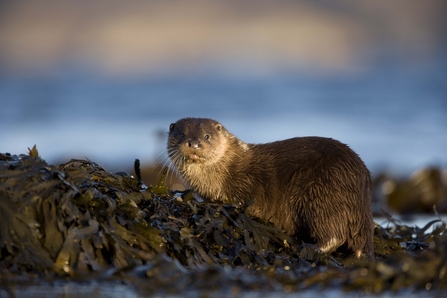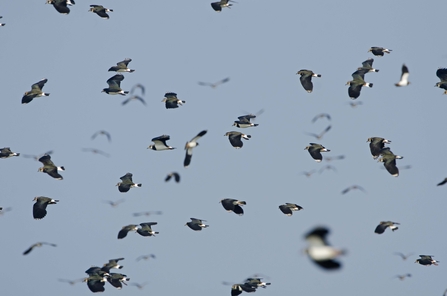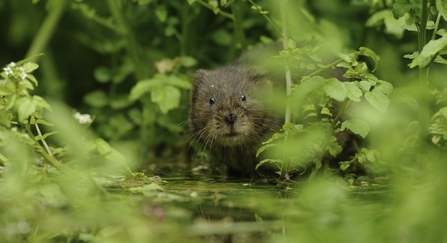The Government is investing over £50 million in peat restoration, building on its pledge to restore approximately 35,000 hectares of peatland in England by the end of this Parliament, and leave the environment in a better state for future generations.
87% of England's peatlands, including lowland peatlands, are degraded, damaged and dried out, emitting tonnes of carbon dioxide each year. The funding from government will help restore these environments, in turn helping protect wildlife and restore their critical ability to manage water quality and reduce the risk of flooding.
The Fens East Peat Partnership has been awarded over £5m to deliver restoration of peatlands in the Fens. The Government's Nature for Climate Peatland Grant Scheme "Restoration Grant" will enable the partnership to deliver restoration activity on at least 16 sites across Cambridgeshire, Lincolnshire, Norfolk and Suffolk. This work will build on the successful FEPP Discovery project activity to develop site restoration plans, how to overcome barriers and sharing knowledge gained about lowland peat restoration in the Fens.
Lincolnshire Wildlife Trust are leading the project on behalf of The National Trust, Natural England, us at NWT, RSPB and the Wildlife Trust for Bedfordshire, Cambridgeshire & Northamptonshire. We have been working together across the Fens for many years through the Fens for the Future partnership.



